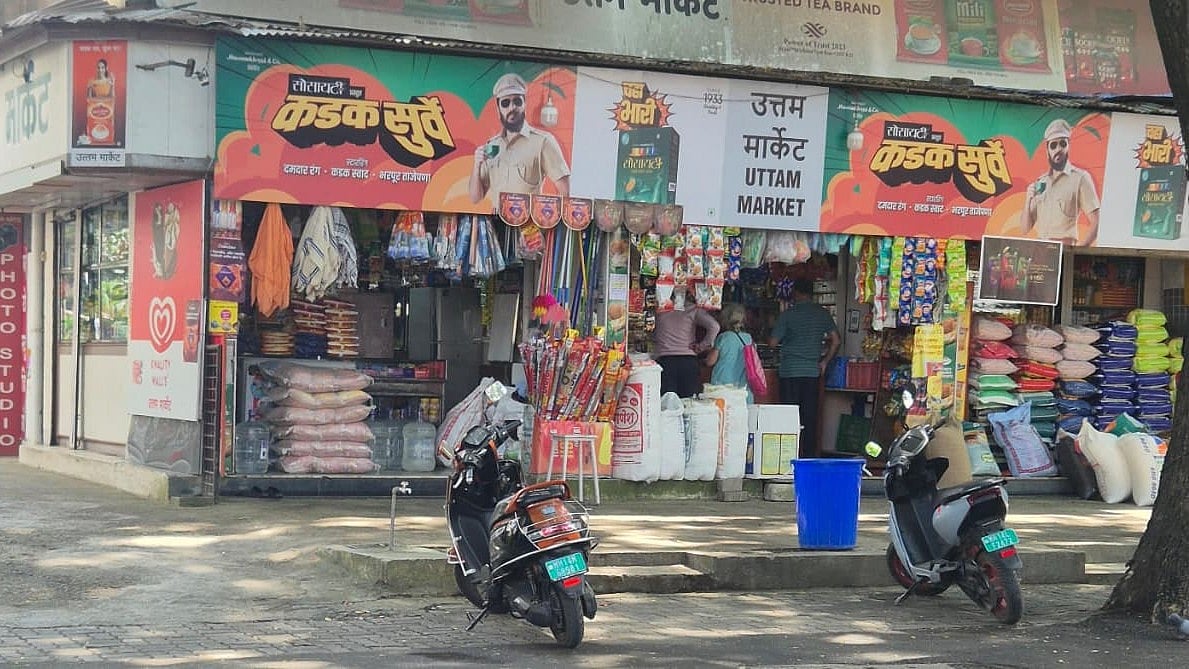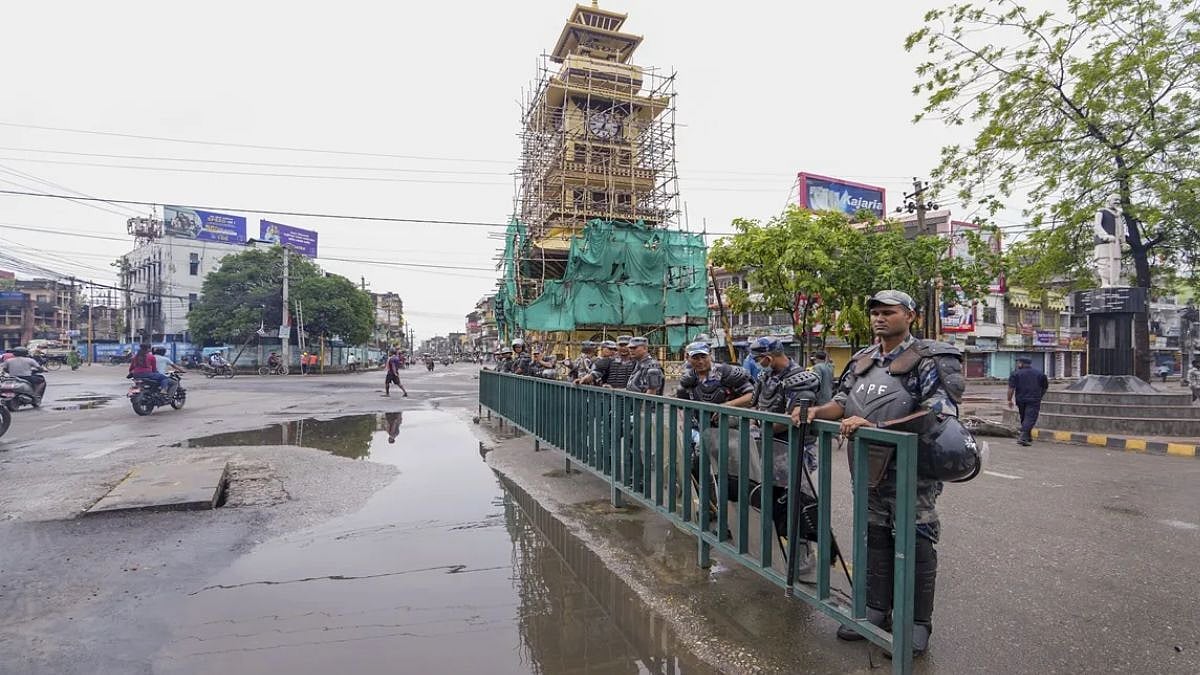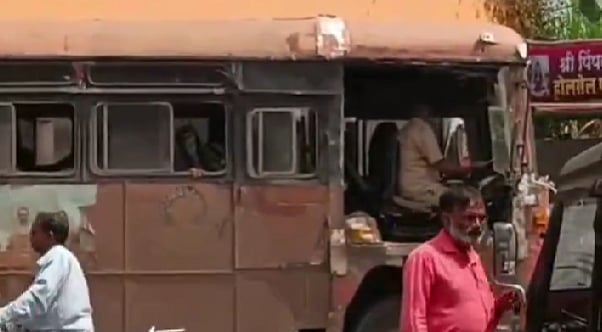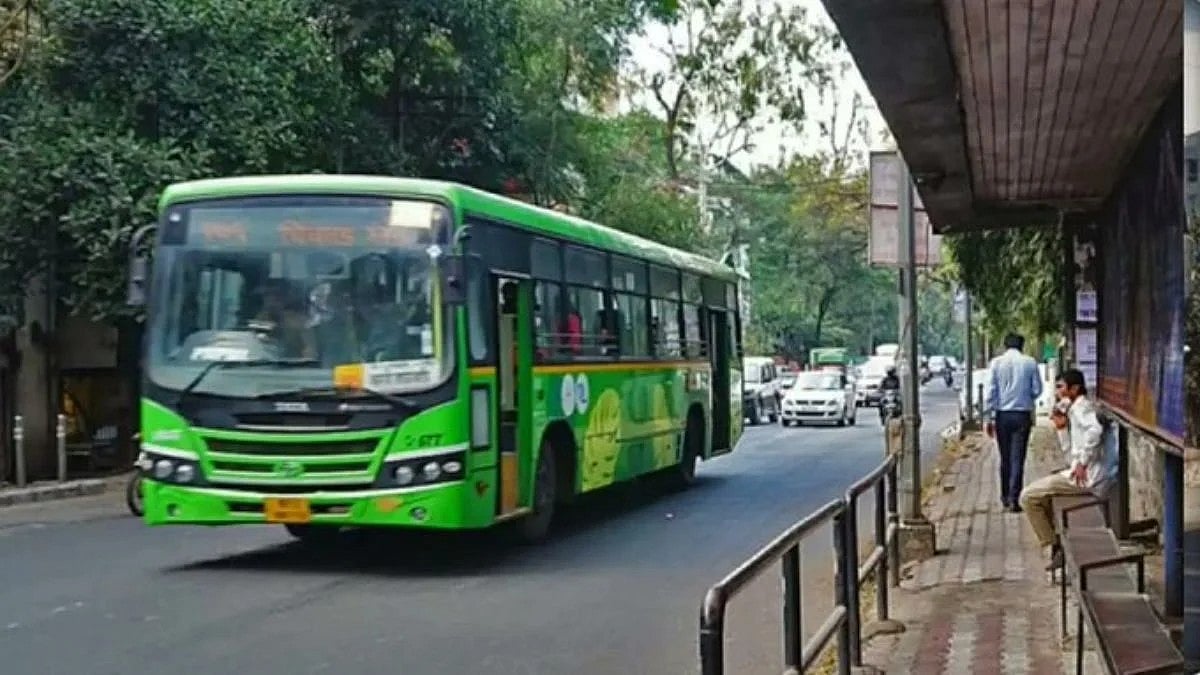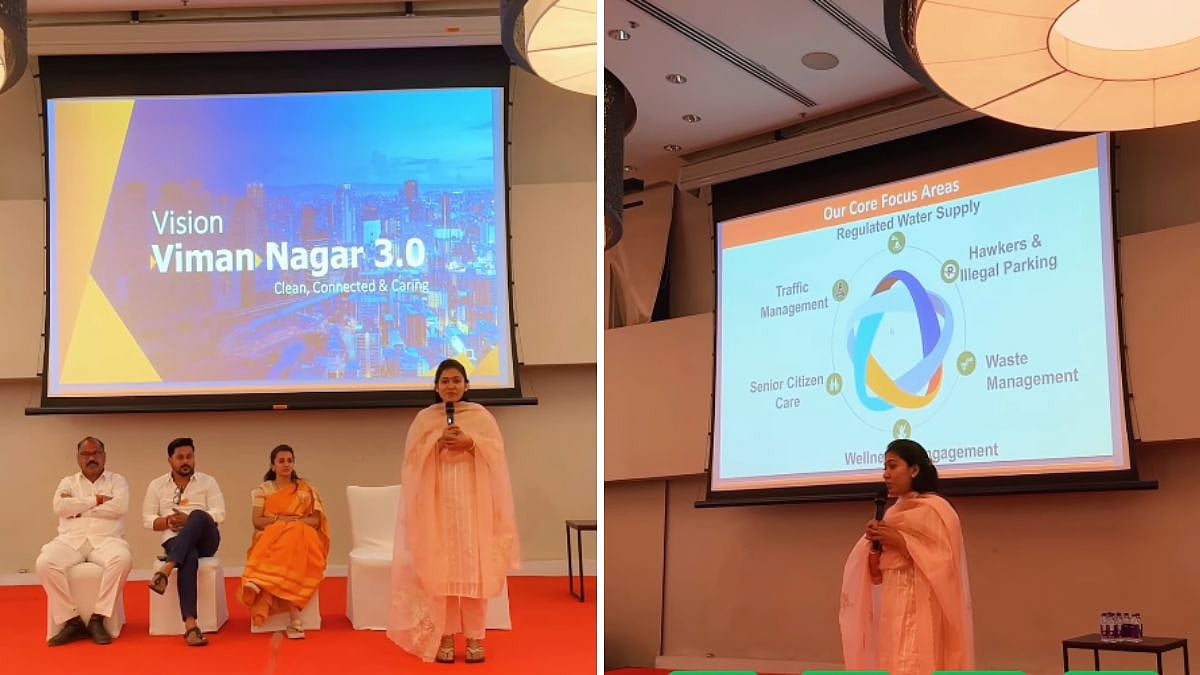For over three decades, Ramesh Agarwal’s kirana store in Nigdi Pradhikaran has been more than just a shop, as it has been a place where residents gathered, chatted, and purchased their daily essentials. But the footfall has been fading considerably now with the boom of online delivery platforms.
“Earlier, at least 100 people used to visit us daily. Now the average footfall hovers around 60,” he says. “Beyond the revenue loss, we are even losing the personal relationships with our customers.”
Agarwal’s story can be found more commonly across the city, where the rise of quick commerce platforms like Zepto, Blinkit, Swiggy Instamart and others has altered the retail landscape. The promise of 10-minute delivery, even for a small item like a bottle of cold drink or groceries for a week, has mostly attracted the young, tech-savvy working professionals.
Small Shops bear the brunt
For small kirana stores operating on wafer-thin margins, the impact has been acute. Yogesh Kotgire, who runs a modest kirana store in Moshi, has witnessed his business shrink over the past two years.
“Small stores like ours, whose daily sales are around seven to eight thousand rupees, have been affected the most. People think, why waste time travelling when in the same time one can get the stuff online delivered?” Kotgire said.
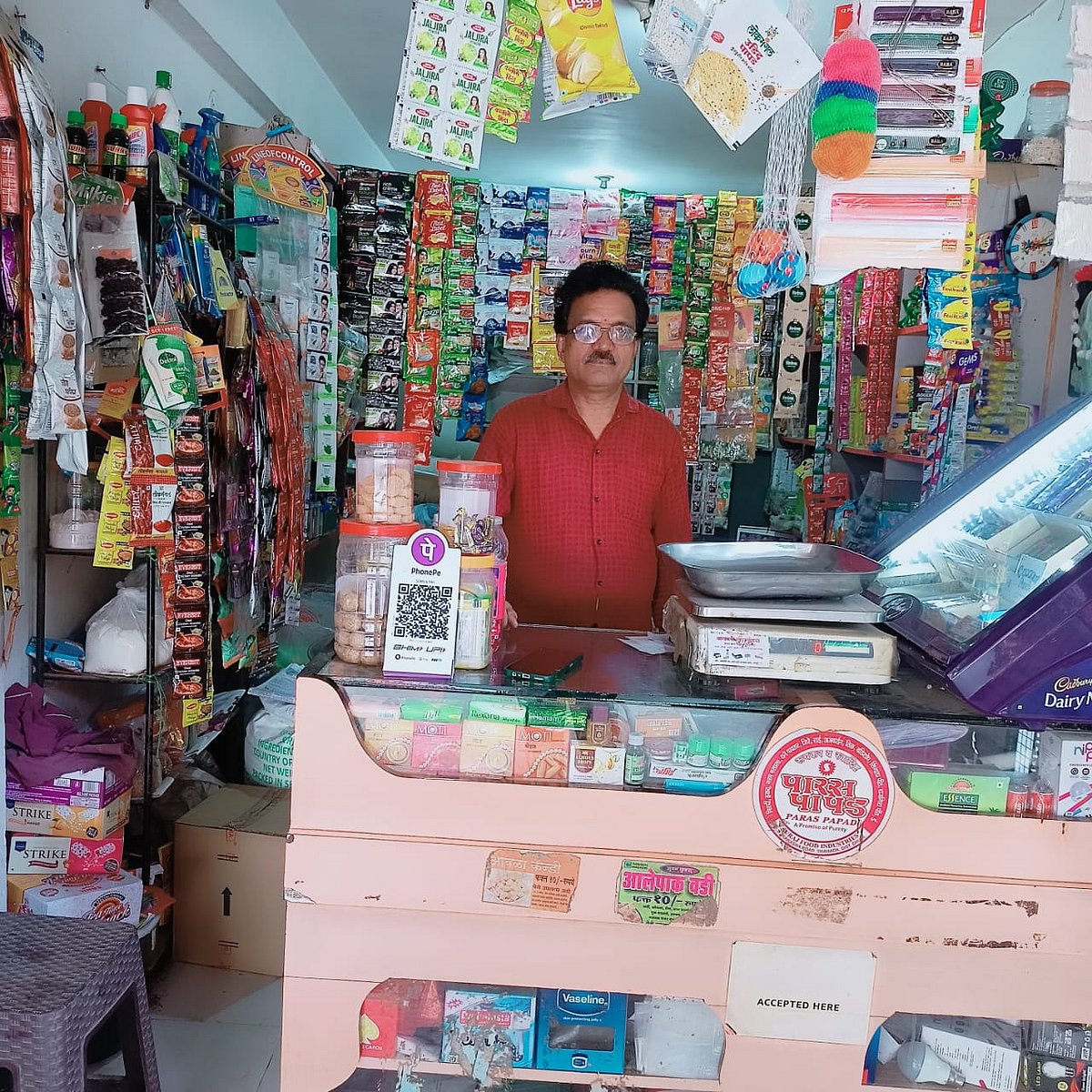
The Diwali festival, a most relieving season for small shops, no longer brings the same cheer. “Around 20 to 30 per cent of our business has been affected due to quick delivery platforms. Earlier, during Diwali, our shop used to be almost packed the whole day. But the picture has changed drastically as the young crowd has reduced, and we are now frequented by elderly people more,” he explained.
While small shops struggle, medium and large-sized stores are managing to adapt to the technological advancements. Murlidhar Morankar, who runs a mid-sized kirana store, says that about a tenth of his business has been eaten up by the online platforms.
“We have increased the number of items, so consumers can almost everything in one place. And the small shopkeepers also buy from us in bulk rather than travelling long distances for wholesale markets. So we are comparatively less affected, but it’s a risky trend,” he said.
To keep up with the times, Mohankar approached his regular customers, from whom he takes a monthly list and delivers them at their homes free of cost. “I think this has given us cushioning, but the current trajectory may be harmful for us as well,” he said.
Possible Solution
Kirana shop owners feel that collaboration may help the survival of small shops. Kotgire says, “Quick commerce companies must tie up with shops instead of housing large dark stores. Integrating local shops into the supply chain could preserve our sustenance.”
